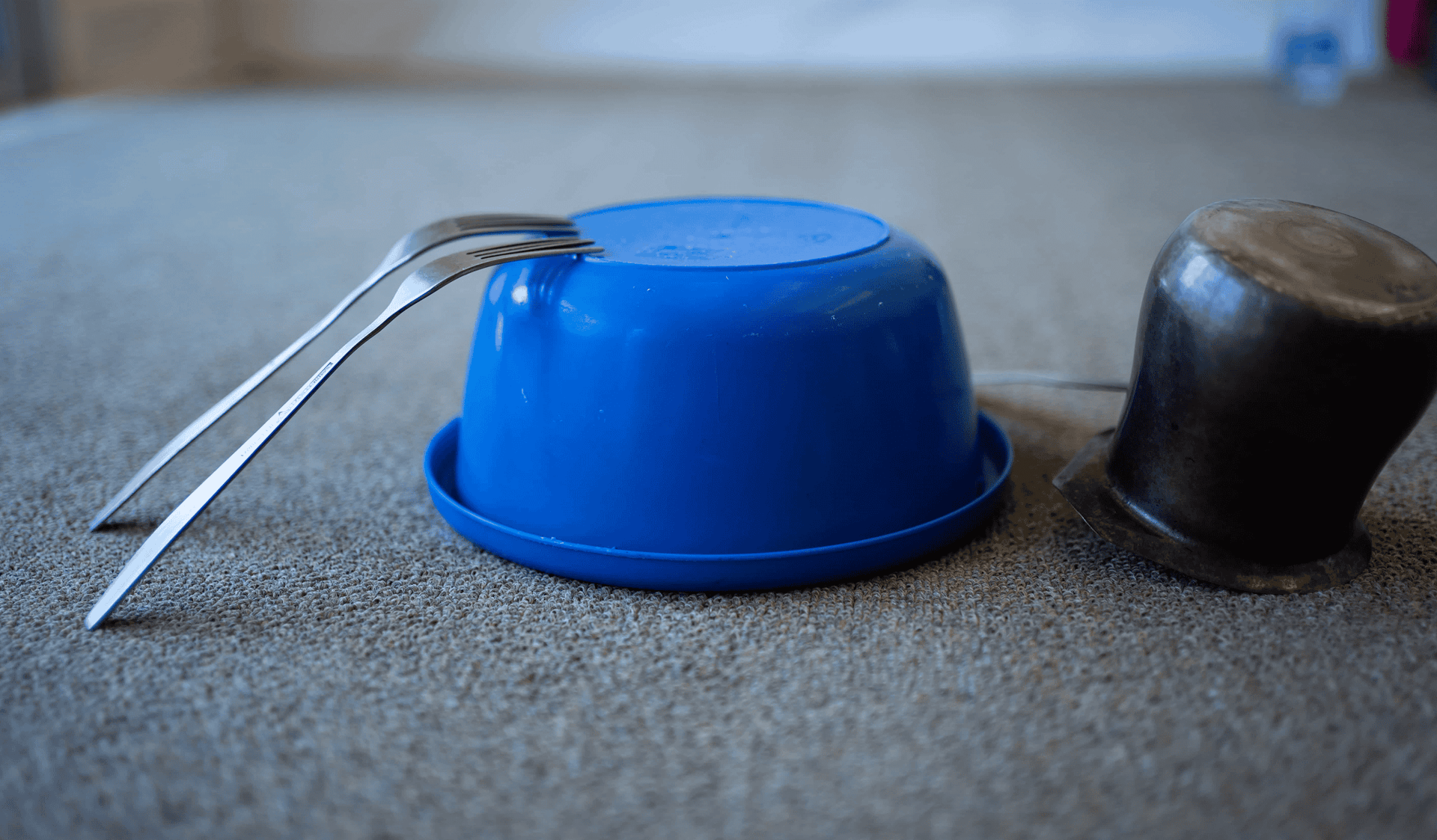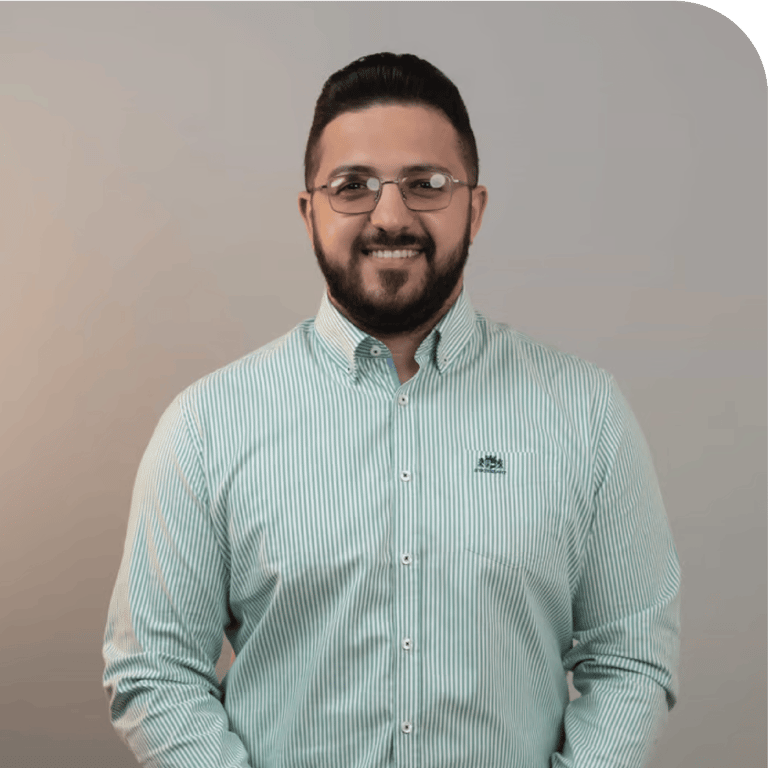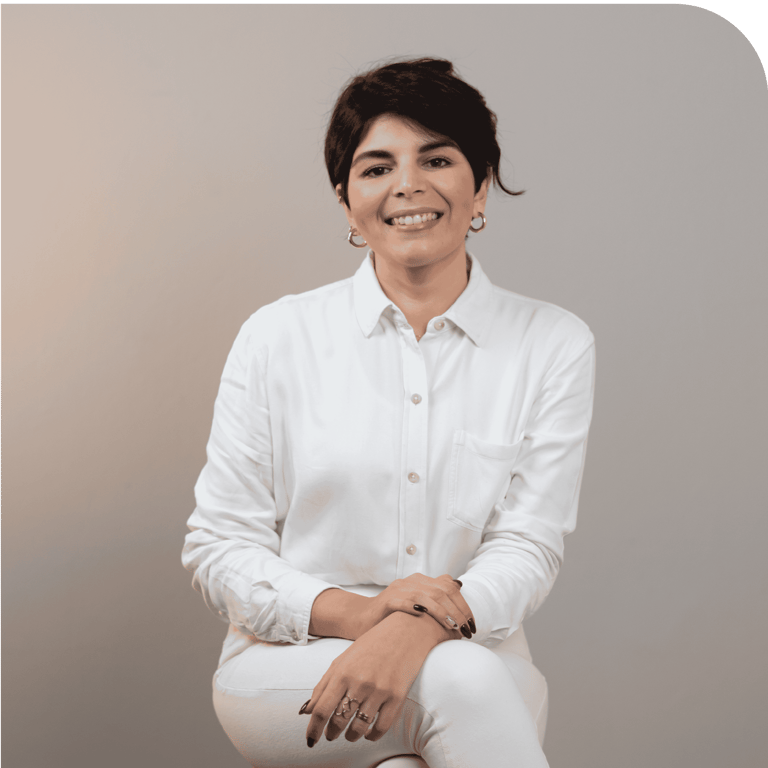
Discover Canal
Our Founders
Experience
Oussama is a music therapist and co-founder of Canal – L’atelier de Musicothérapie. With over 10 years of experience working with children, youth, adults, and vulnerable communities, he integrates music into psychosocial support and child protection programs, and trains educators and social workers nationwide.
Unique Approach
Specializing in community-focused music therapy, Oussama creates inclusive spaces where groups can express, communicate, and connect. His background as a composer and assistant conductor of the Fayha National Choir allows him to blend music, emotional support, and social engagement, fostering collective growth and transformation.
Oussama Charafeddine
Dima Jaroudi
Experience
Dima is a music therapist and co-founder of Canal – L’atelier de Musicothérapie. With over 7 years of experience creating music-based programs. She has worked closely with children and adults affected by trauma, including GBV survivors, to provide emotional support, build resilience, and foster a sense of safety and empowerment.
Unique Approach
Focusing on adaptive, neurodiversity-centered music therapy, Dima also has extensive experience supporting neurodiverse individuals, including children, adolescents, and adults with autism, ADHD, and other developmental differences. She designs inclusive programs that honor each person’s pace and style, creating safe spaces where participants can express themselves, connect with others, and build confidence through music.




Mission
Our mission is to offer music-based spaces where individuals, families, and communities come to rediscover creativity, expression, playfulness, communication, and human presence, through shared experience not through correction.
We envision Canal growing into a regional reference for ethical, inclusive, and human-centered music therapy practices.
Vision




Our Values
Music as a Relationship
We see music not as a tool, but as the relationship itself—every sound, rhythm, or silence becomes a bridge for authentic human connection.
Co-creation & Mutuality
Therapy is created with participants, not to them. Each contribution matters, and together we build a space of empathy, respect, and shared music.
Presence & Authenticity
What transforms is not technique, but presence. Our therapists bring their genuine musical selves, fostering trust and real human connection.
Emotional Safety & Confidentiality
We provide a safe, confidential, and judgment-free space where emotions can be expressed through music and held with care, even when words are hard to find.
Process Over Goals
We value the journey more than fixed outcomes. Change unfolds in the moment—through trust, expression, and connection.

